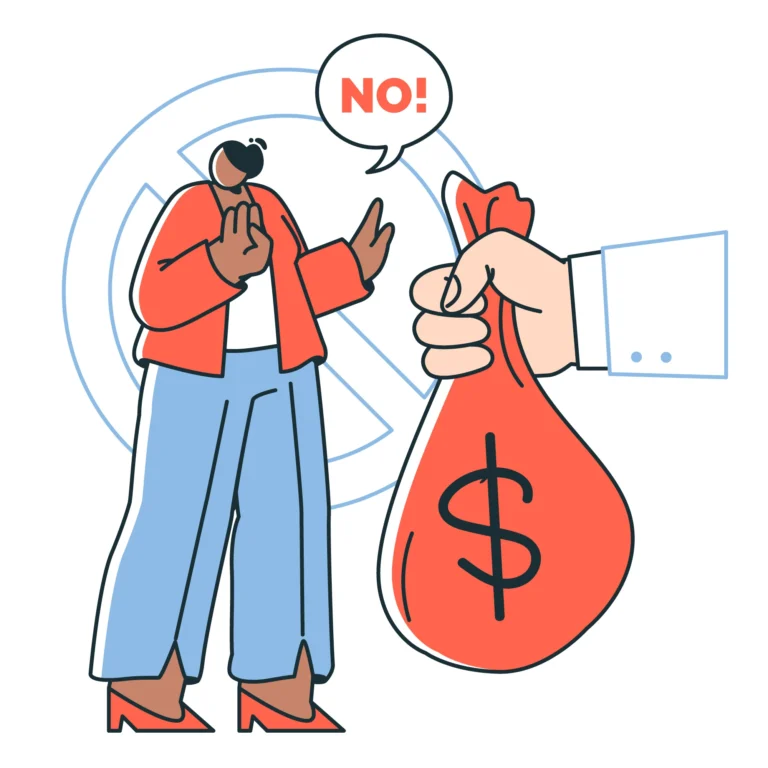Introduction
Choosing between two job offers? You’re not alone. It’s one of the most exciting — and stressful — career decisions you’ll face.
But here’s the truth: salary isn’t everything.
If you want to confidently compare job offers and make the right choice for your long-term career growth, you need a smarter approach. That’s exactly why we built this tool.
With our interactive Compare Job Offers Tool, you’ll weigh each offer based on what truly matters to you — salary, benefits, flexibility, growth potential, company culture, and more.
Let’s explore how to compare job offers effectively and use the tool to find your best fit.
Why It’s Crucial to Compare Job Offers Holistically?
Many professionals make the mistake of accepting an offer based solely on salary. But accepting a job is like signing a contract with your future self. A slightly higher paycheck may not be worth:
- A toxic company culture
- Long, stressful commutes
- Limited career advancement
When you compare job offers properly, you can choose the one that gives you the best overall lifestyle, career growth, and happiness.

Take your time to compare job offers — it’s not just about salary, but the life you want to build.
7 Smart Factors to Use When You Compare Job Offers
1. Base Salary
Of course, salary matters. It sets the financial foundation of your job. But make sure you factor in cost of living, taxes, and lifestyle needs before making it your #1 priority.
2. Bonuses & Incentives
Performance bonuses, annual incentives, joining bonuses — these can boost your income significantly. But always check the conditions.
3. Insurance & Benefits
Health insurance, retirement plans, parental leave, and paid time off — these perks can make or break your job satisfaction. Our tool lets you assign weight to these.
4. Remote Flexibility & Commute Time
Remote or hybrid work may save hours every week. Or, is one offer asking for a 2-hour daily commute? That’s 500+ hours per year! Consider this carefully.
5. Career Growth Opportunities
Does the company invest in employee development? Is there a clear path to promotions? Our tool lets you rate “Career Growth” so you don’t settle for a stagnant role.
6. Company Culture
Toxic workplaces can destroy your mental health, no matter how high the pay. Use our dropdown to rate culture as Excellent, Good, Okay, or Toxic.
7. Perks & Extras
Gym memberships, wellness programs, work-from-anywhere weeks — small perks, big impact.
Try the Tool: Smart Job Offer Comparison
Use our free, interactive tool below. You can:
- 🎯 Set your priorities using sliders
- 📊 Enter Offer A and Offer B details
- 🔍 Get a clear score & recommendation
Compare Job Offers Based on What Matters Most to You
Adjust priorities and enter your offers to see the best fit.
What Happens After You Compare Job Offers?
Once you’ve run the tool and found which job aligns better with your values, you’re empowered to:
- Negotiate better terms with confidence
- Accept the right offer without regrets
- Build a career based on strategy, not emotion
Bonus Tip: Take Control of Your Career Journey
Not quite sure where your career is heading? Before you commit to a job offer, check out:
🔗 12 Powerful Ways to Future-Proof Your Career in an Unpredictable World
🔗 9 Bold Steps to Gain Career Clarity and Take Control of Your Future
These blogs will give you a broader perspective before making your move.
Conclusion
Choosing between job offers doesn’t have to feel overwhelming. When you use a structured method — like our Compare Job Offers Tool — you make smarter, calmer, and more confident decisions.
It’s not just about picking a job. It’s about choosing the life you want to build.
FAQs: Compare Job Offers Like a Pro
What is the best way to compare job offers?
The best way to compare job offers is by evaluating salary, benefits, commute, remote flexibility, culture, and growth potential — not just pay. Use our tool to compare these side-by-side.
Should I choose a higher-paying job or better culture?
If a company has a toxic culture, even a higher salary won’t make you happy. A slightly lower offer with better culture and flexibility often leads to higher long-term satisfaction.
How can I negotiate a better offer after comparison?
Once you’ve identified which offer is stronger, use that insight to ask for improvements from the other employer. Check out our Salary Negotiation Readiness Quiz to prepare.
Can I use this tool more than once?
Absolutely! Bookmark the page and revisit whenever you’re deciding between offers, or helping a friend do the same.






